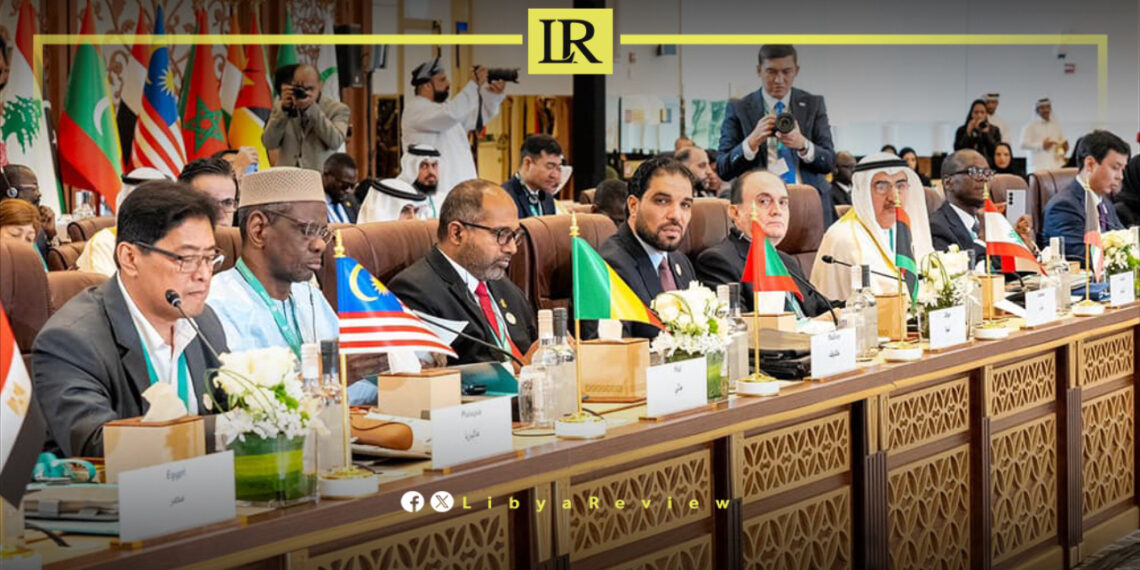Libya has officially joined the “Makkah Agreement” for cooperation in enforcing anti-corruption laws among member states of the Organization of Islamic Cooperation (OIC). The agreement was signed by Abdullah Qadurbouh, Head of the Administrative Control Authority, during a meeting held in Qatar.
According to a statement by the authority, Qadurbouh participated in the second ministerial meeting of anti-corruption enforcement agencies from OIC member states, hosted by Qatar’s Administrative Control and Transparency Authority on November 26-27, 2024.
The meeting brought together 56 OIC member states and several international institutions, including the United Nations Office on Drugs and Crime (UNODC), INTERPOL, the Egmont Group, the International Anti-Corruption Academy, the World Bank, the League of Arab States, the Gulf Cooperation Council Secretariat, the African Union, the European Union, and the GLOBE Network.
A preparatory session for senior officials from member states preceded the ministerial meeting, where key draft resolutions were reviewed and approved. Several member states also signed the Makkah Agreement during the event.
The Administrative Control Authority’s statement described the signing of the agreement as a significant step in fostering cooperation among member states to combat corruption, promote integrity and transparency, tackle money laundering, and recover stolen and smuggled assets. The authority hailed the signing as a major success in reinforcing Libya’s regional and international role in administrative oversight, integrity, and anti-corruption efforts.
Libya has been in chaos since a NATO-backed uprising toppled longtime leader Muammar Gaddafi in 2011. The county has for years been split between rival administrations.
Libya’s economy, heavily reliant on oil, has suffered due to the ongoing conflict. The instability has led to fluctuations in oil production and prices, impacting the global oil market and Libya’s economy.
The conflict has led to a significant humanitarian crisis in Libya, with thousands of people killed, and many more displaced. Migrants and refugees using Libya as a transit point to Europe have also faced dire conditions.
The planned elections for December 2021 were delayed due to disagreements over election laws and the eligibility of certain candidates. This delay has raised concerns about the feasibility of a peaceful political transition.
Despite the ceasefire, security remains a significant concern with sporadic fighting and the presence of mercenaries and foreign fighters. The unification of the military and the removal of foreign forces are crucial challenges.


